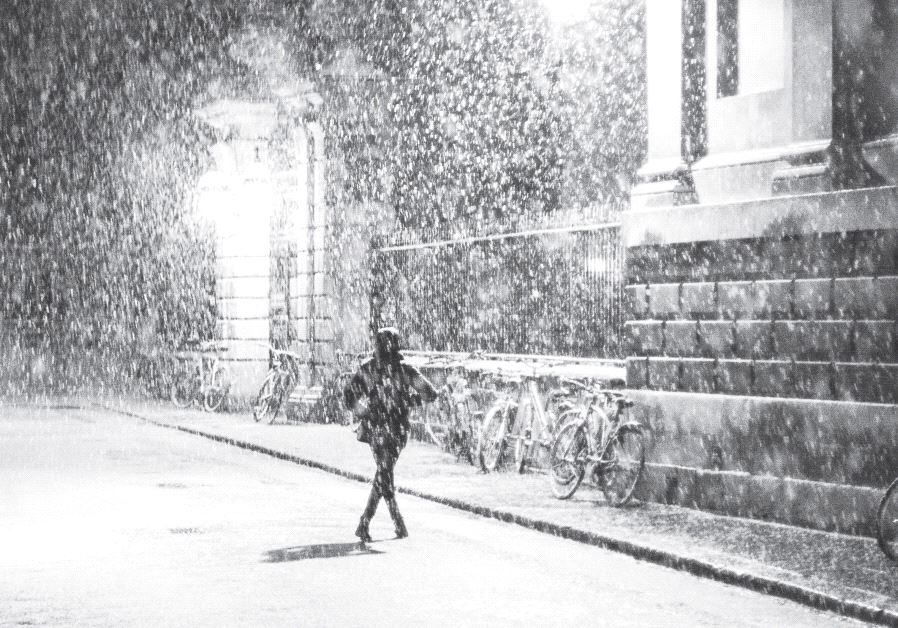Books: Worlds turned upside down
Novelist Joseph Kertes draws from his own life to paint a vivid picture of two young Jewish brothers fleeing Hungary after the failed revolution.
 A Jewish family on the run in the ’50s heads from Hungary to Vienna, Paris, then finally Canada
A Jewish family on the run in the ’50s heads from Hungary to Vienna, Paris, then finally Canada